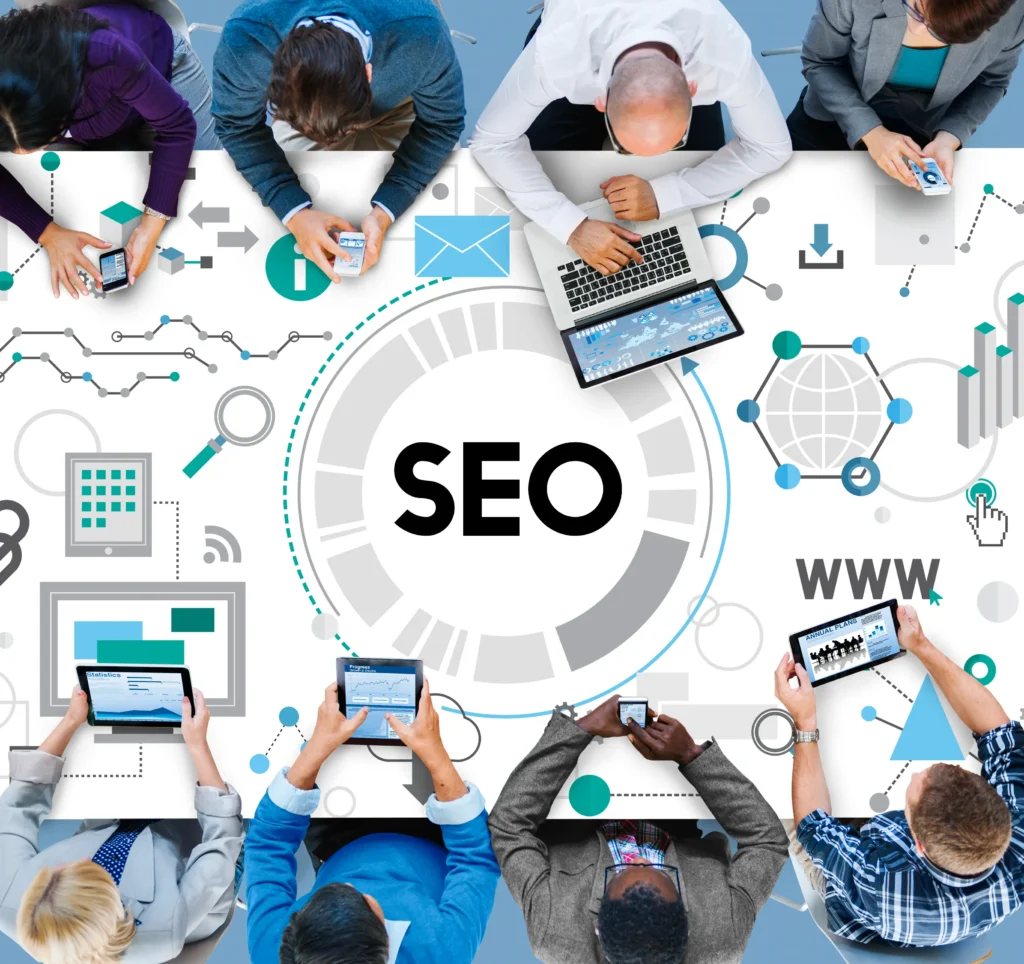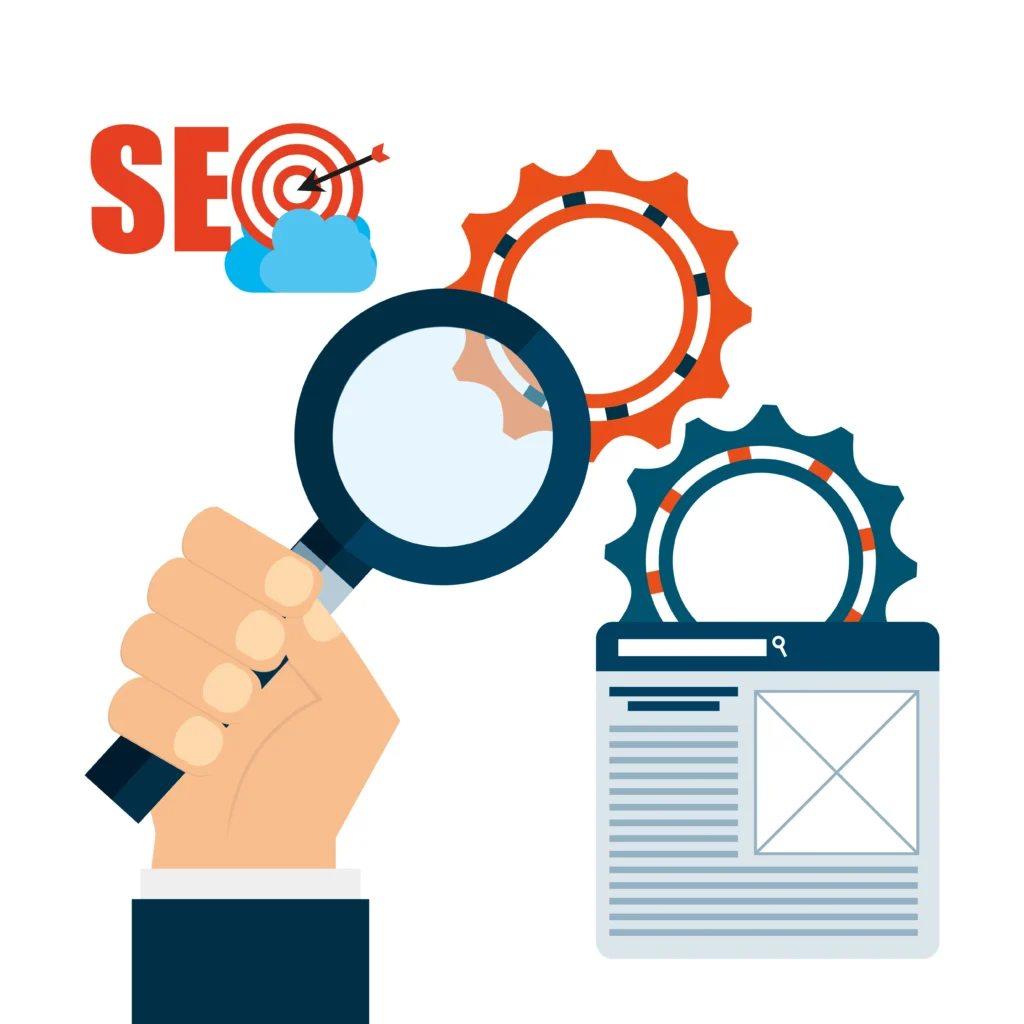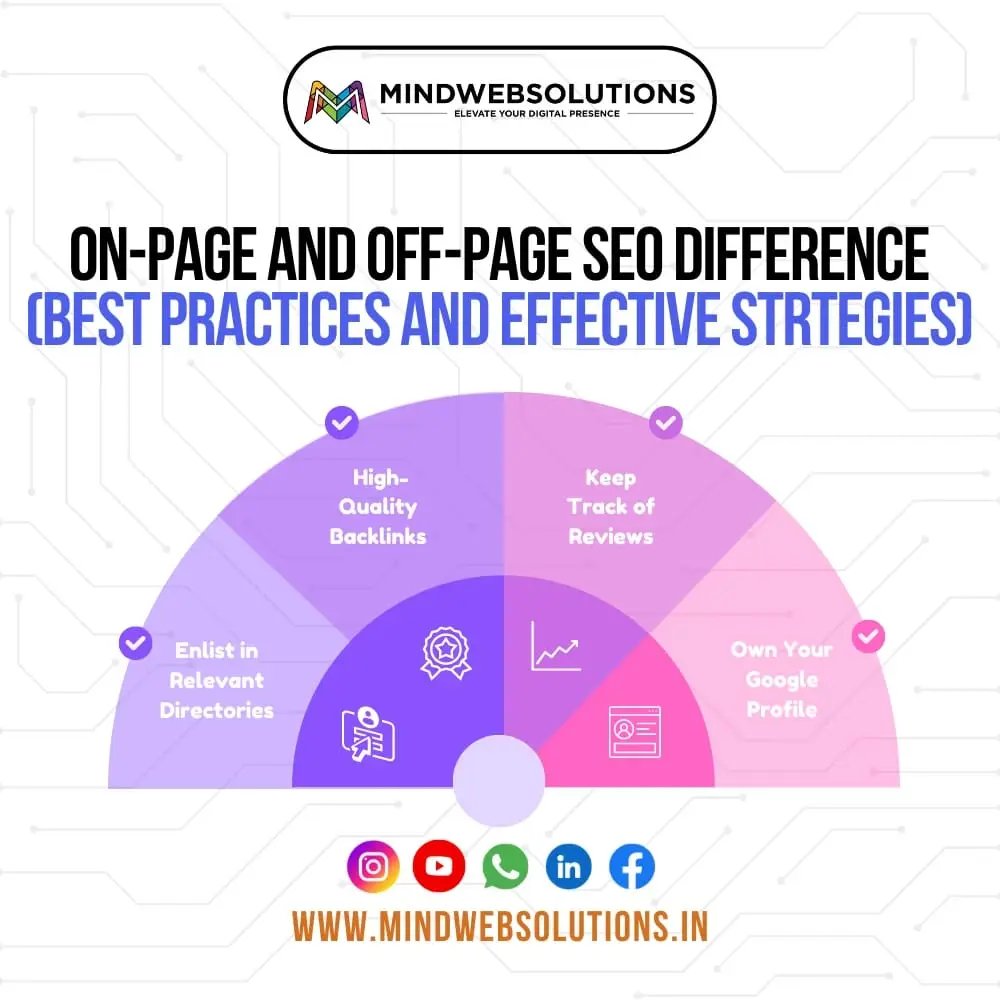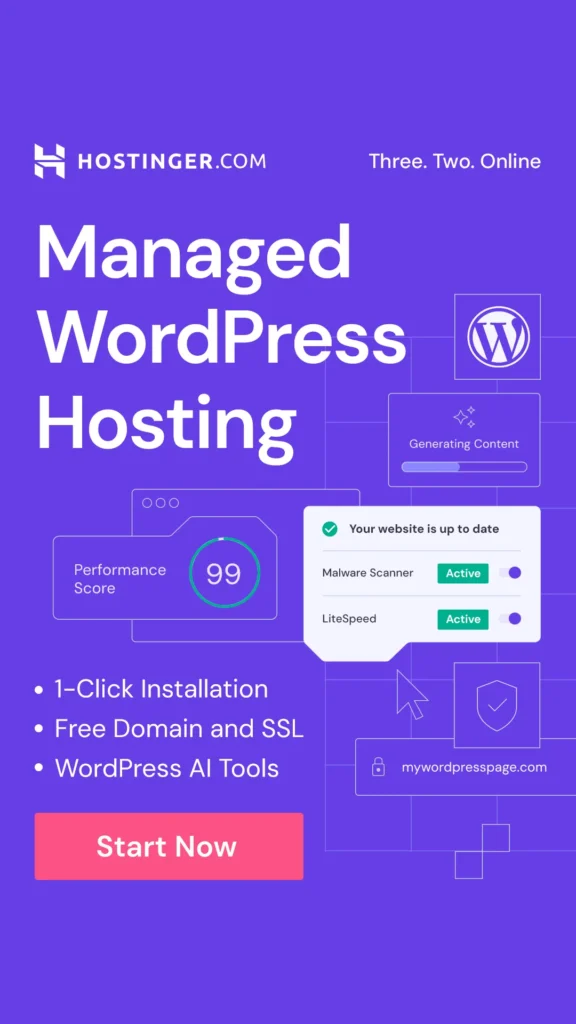On Page And Off Page Seo Difference?
Difference between on-page and off-page SEO
- Focus:
- On-page SEO: Focus on internal factors such as content quality, keyword optimization, meta tags, headings, URL structure, and internal linking.
- Off-page SEO: Focus on external factors such as backlink building, social media engagement.
- Control:
- On-page SEO: Completely within your control, as it involves optimizing elements on your website.
- Off-page SEO: Partially out of your control, as it relies on other websites and external platforms.
3. Objective:
- On-page SEO: Aims at improving the website’s structure, relevance, and user experience, making it easier for search engines to understand and rank your content.
- Off-page SEO: Aims at increasing the website’s authority, credibility, and popularity, helping it rank higher in search results.
4. Techniques:
- On-page SEO: This includes techniques such as keyword research, content creation, optimizing meta descriptions, improving page load speed, and ensuring mobile-friendliness.
- Off-page SEO: This includes techniques such as high-quality backlinks, social bookmarking, guest blogging, and engaging outreach.
5. Impact:
- On-page SEO: This directly affects how well your site is optimized for search engines and users, contributing to better visibility and user engagement.
- Off-page SEO: Builds your site’s credibility and authority, indirectly affecting your site’s search engine rankings.
6. SEO Strategy:
- On-page and off-page SEO difference: Both are essential to a comprehensive SEO strategy. On-page SEO lays the foundation by optimizing your website, while off-page SEO increases your site’s reach and authority, leading to better overall search engine performance.
What Are Effective Strategies For On-Page SEO?
Keyword research and placement:
Effective on-page SEO starts with keyword research. Identifying relevant keywords and placing them strategically in titles, headings, meta descriptions, and throughout the content helps search engines understand the focus of the page. Proper keyword placement ensures that your content ranks for the right search queries.
High-quality, relevant content:
Search engines prefer content that provides value to users. Make sure your content is well-researched, informative, and answers the searcher’s intent.
Updating content regularly and incorporating keywords naturally also contribute to better rankings.
Site speed, mobile-friendliness, and clean code:
Faster websites provide a better user experience. Mobile-friendliness is equally important, as more users access websites via mobile devices.
Ensuring clean code without unnecessary scripts or elements improves load times and overall site performance, which contributes to better SEO.
Schema Markup:
Schema markup increases search engines’ understanding of your content. Schema provides search engines with additional context, helping them better understand the content, which can lead to rich snippets in search results, improving visibility and click-through rates.
Easy Navigation, Internal Linking, and Clear Site Structure:
A clear site structure with easy navigation ensures that both users and search engines can find important content quickly.
Internal linking helps distribute link equity across pages and leads users to relevant content, which improves engagement and helps search engines index your site more effectively.
What Are Effective Strategies For Off-Page SEO?
Getting high-quality backlinks:
One of the most important strategies for off-page SEO is getting high-quality backlinks. Backlinks from authoritative and relevant websites signal to search engines that your content is valuable and trustworthy. These links help to improve your site’s rankings and authority.
Guest blogging:
Guest blogging allows you to publish content on other websites, providing valuable backlinks and access to new audiences.
Influencer outreach:
Influencer outreach involves collaborating with industry influencers who can share your content, thereby increasing its reach and credibility.
Directory submissions:
Directory submissions to reputable directories can also help increase visibility and backlinks, although they should be done selectively to avoid low-quality links.
Social signals and their impact on SEO:
Social signals such as likes, shares, and comments on social media can indirectly affect SEO. these signals are not direct ranking factors, they help increase content visibility and drive traffic to your site.
The more people engage with your content on social platforms, the more likely it will be noticed and linked to by others.
Engaging with audiences on social platforms:
Engaging with audiences on social platforms is vital to building a loyal following and increasing brand awareness.
Regularly interacting with followers, responding to comments, and sharing valuable content can help boost community engagement.
This active presence can lead to more shares, mentions, and potentially valuable backlinks.
The role of brand mentions in building authority:
Even without any direct backlinks, brand mentions across the web contribute to your site’s authority. Search engines recognize these mentions as indicators of your brand’s relevance and influence.
Online PR and High-Authority Publications:
Online PR plays a vital role in off-page SEO by helping you get featured in high-authority publications.
Press releases, interviews, and contributions to industry-leading sites can result in valuable backlinks and increased exposure.
Being featured in reputable publications not only increases your site’s SEO, but also increases your brand’s credibility and authority in the eyes of both users and search engines.

How Do On-Page And Off-Page Seo Work Together?
On-page and off-page SEO are two sides of the same coin, and both are essential to a successful SEO strategy. When combined together, they complement each other and boost search engine rankings substantially.
Complementary Roles in Boosting Rankings:
- On-page SEO focuses on optimizing your website’s content and structure, making it more appealing to both users and search engines.
- off-page SEO builds your website’s authority and reputation through external factors like backlinks and social signals.
When both strategies are implemented, they create a synergistic effect that boosts your site’s visibility and ranking potential.
Examples of On-page SEO Boosting Off-page Efforts:
For example, high-quality, well-optimized content (on-page SEO) is more likely to attract backlinks (off-page SEO). A blog post with targeted keywords, clear structure, and valuable information is not only easier to rank, but is also more likely to be shared and linked to by other websites.
Similarly, a well-structured, fast, and mobile-friendly website improves the user experience, making it easier to increase traffic and engagement for off-page efforts like social sharing.
Collaboration between teams:
Different teams like content creators and SEO specialists play a vital role in this process. Content creators focus on developing high-quality content that appeals to the audience,
SEO specialists ensure that this content is optimized for search engines. When these teams work together, they can create content that ranks well and also attracts external sources, leading to more effective off-page SEO.
The importance of a holistic approach:
A holistic approach to SEO recognizes the importance of both on-page and off-page strategies. Focusing on only one aspect can limit your SEO success.
By integrating the two, you ensure that your site is not only internally optimized, but also receives the external credibility needed to achieve and maintain high rankings.
How Do You Measure Success In On-Page And Off-Page SEO?
Key metrics for on-page SEO
- Page speed: Page speed is an important metric for on-page SEO, as pages that load faster provide a better user experience and are preferred by search engines.
You can monitor and improve page speed using a tool like Google PageSpeed Insights.
- Bounce rate: Bounce rate shows the percentage of visitors who leave your site after viewing only one page.
A high bounce rate can indicate that the content is not engaging or relevant, or that the page takes too long to load.
Google Analytics provides detailed information about your bounce rate, helping you identify areas for improvement.
- Keyword ranking: Tracking the ranking of your target keywords in search engine results is essential to measuring the effectiveness of your on-page SEO efforts.
Monitor keyword rankings regularly to understand the impact of your optimization strategies and adjust your content accordingly.
- Tools to track performance:
- Google Analytics: Provides information on user behavior, bounce rate, and site speed.
- Google Search Console: Provides data on keyword rankings, click-through rates, and indexing issues.
Key metrics for off-page SEO
- Domain authority: Domain authority (DA) is a metric that predicts how well your website will rank in search engine results.
A high DA indicates a strong ability to rank. Tools like Moz can help you track your site’s domain authority over time.
- Backlink profile: The quality and quantity of backlinks to your site are important indicators of off-page SEO success.
A strong backlink profile, including links from reputable, high-authority sites, increases your site’s credibility and ranking potential.
- Social shares: Social media engagement, including likes, shares, and comments, reflects the popularity and reach of your content.
High social shares indicate that your content connects with your audience, which can indirectly boost your search engine rankings.
- Tools for monitoring backlinks:
- Ahrefs: Provides comprehensive data on your backlink profile, including the number and quality of backlinks.
- Moz: Provides information on domain authority, backlink analysis, and link-building opportunities.

What Are The Benefits Of On-Page And Off-Page SEO?
Benefits of on-page SEO:
- Improves user experience, relevance, and site performance
On-page SEO plays a vital role in enhancing the overall user experience, by optimizing elements such as site speed, mobile-friendliness, and clean code, ensuring visitors enjoy a seamless and efficient browsing experience.
Well-placed keywords and high-quality, relevant content make your site more relevant to users’ search queries, ensuring your content meets their needs.
Additionally, a well-structured site with easy navigation helps users find the information they’re looking for quickly, improving engagement and reducing bounce rates.
- Long-term benefits of well-optimized content
Content that is carefully crafted with the right keywords, provides value, and is updated regularly continues to drive traffic over time.
Search engines reward consistent, high-quality content with constant visibility in search results, meaning that once your content ranks well, it can attract visitors without the need for frequent updates.
Benefits of off-page SEO:
- Building authority, trust, and brand awareness
Off-page SEO is essential for building your site’s authority and credibility.
High-quality backlinks from reputable sites act as endorsements, signaling to search engines that your content is valuable and trustworthy, helping to improve your search rankings and position your brand as an industry leader.
Additionally, off-page efforts such as social media engagement and influencer collaborations increase brand awareness by exposing your content to a wider audience.
- The combination effect of a strong backlink profile
A strong backlink profile creates a combination effect for your SEO efforts. As more authoritative sites link to your content, your site’s credibility and ranking potential increase.
This leads to more organic traffic, higher engagement, and even more backlinks, creating a positive feedback loop.
Frequently Asked Questions About On-Page And Off-Page SEO Difference
On-page SEO optimizing the internal elements of your website, such as content and meta tags, while off-page SEO focuses on external factors such as backlinks and social signals.
Effective strategies include keyword research and placement, creating high-quality content, ensuring site speed and mobile-friendliness, using schema markup, and maintaining clear site navigation and internal linking.







